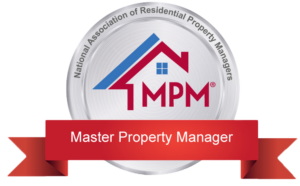As a homeowner, you might find yourself asking: “How much should I charge for rent?” And for very good reason; setting the right rental price for your property is a delicate balancing act. While you want to maximize your profit potential, setting the rent too high can lead to longer vacancy periods and deter potential tenants. On the other hand, pricing your rental too low could mean leaving money on the table. In this blog post, we’ll explore strategies for setting the right rental price that allows you to maximize profit without overcharging tenants.
1. Research the Local Rental Market:
Before determining the rental price for your property, it’s essential to conduct thorough research of the local rental market. Look at similar properties in the area to get a sense of the average rental rates for comparable units. Consider factors such as location, size, amenities, and condition of the property when comparing prices. Websites and platforms like Zillow, Rentometer, and Craigslist can provide valuable insights into market trends and rental price averages.
2. Calculate the Property’s Fair Market Value:
Once you have gathered information about rental rates in your area, calculate the fair market value of your property based on its unique features and attributes. Take into account factors such as the property’s age, condition, size, layout, and any additional amenities or upgrades. Be realistic about the value of your property and avoid overestimating its worth, as this can lead to inflated rental prices that deter potential tenants.
3. Consider Operating Expenses and Profit Goals:
In addition to market factors, consider your operating expenses and profit goals when setting the rental price. Factor in costs such as property taxes, mortgage payments, insurance, maintenance, repairs, and property management fees. Determine the minimum rental price needed to cover your expenses and achieve your desired return on investment (ROI). Keep in mind that while maximizing profit is important, it’s equally crucial to maintain competitive rental rates to attract and retain tenants.
4. Evaluate Tenant Demand and Competition:
Assess the demand for rental properties in your area and the level of competition you’re facing. High demand and low inventory levels may justify higher rental prices, while oversaturated markets may require more competitive pricing to attract tenants. Consider market conditions, seasonal fluctuations, and economic trends when setting the rental price, and be prepared to adjust pricing strategies accordingly to stay competitive.
5. Be Flexible and Open to Negotiation:
While it’s essential to set a competitive rental price, it’s also important to be flexible and open to negotiation, especially in a competitive rental market. Consider offering incentives such as move-in specials, flexible lease terms, or upgrades to attract potential tenants. Be willing to negotiate rental terms and prices within reason, while still ensuring that the rental price aligns with your financial goals and covers your expenses.
6. Monitor and Adjust Rental Prices as Needed:
Once you’ve set the initial rental price for your property, monitor its performance closely and be prepared to adjust pricing as needed. If your property remains vacant for an extended period or if tenant turnover is high, it may be a sign that your rental price is too high. Conversely, if you consistently have a high occupancy rate and receive multiple inquiries, you may have room to increase the rent slightly. Regularly reassess market conditions and tenant demand to ensure that your rental price remains competitive and profitable.
Setting the right rental price for your property requires careful consideration of market factors, operating expenses, and tenant demand. By conducting thorough research, evaluating your property’s fair market value, and being flexible and open to negotiation, you can maximize profit without overcharging tenants. Remember to monitor market trends and adjust rental prices as needed to maintain competitiveness and achieve your financial goals as a landlord. So remember, next time you’re asking yourself “How much should I charge for rent?,” remember these tips and keep it simple.
Looking for more advice on how to manage your property? Reach out to Rental Property Professionals today to see how our services can help get your property filled.




